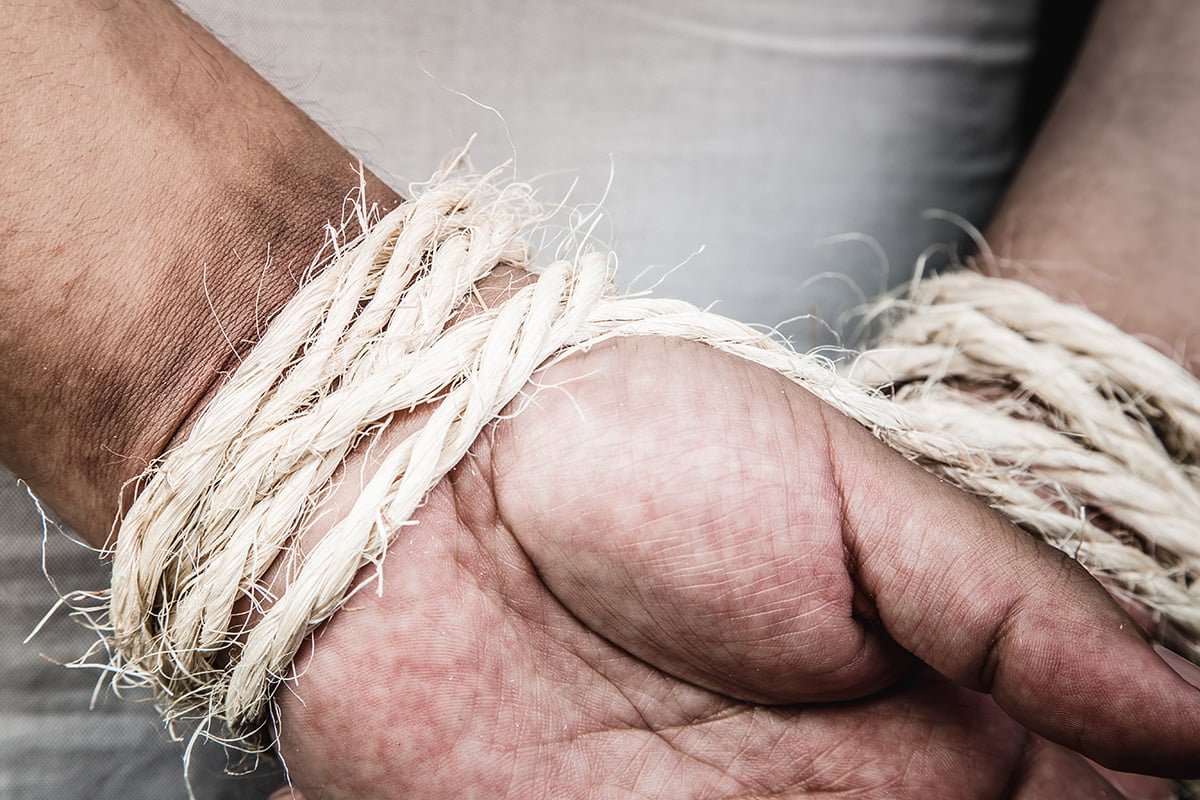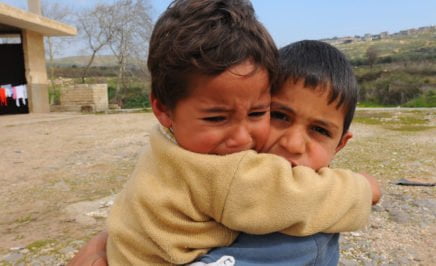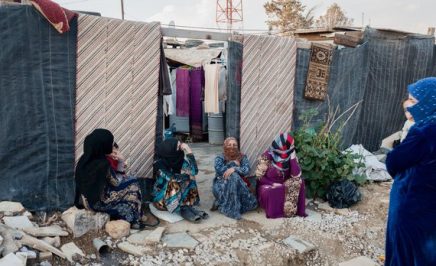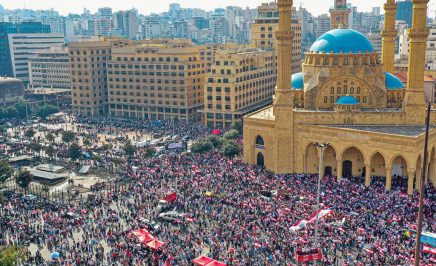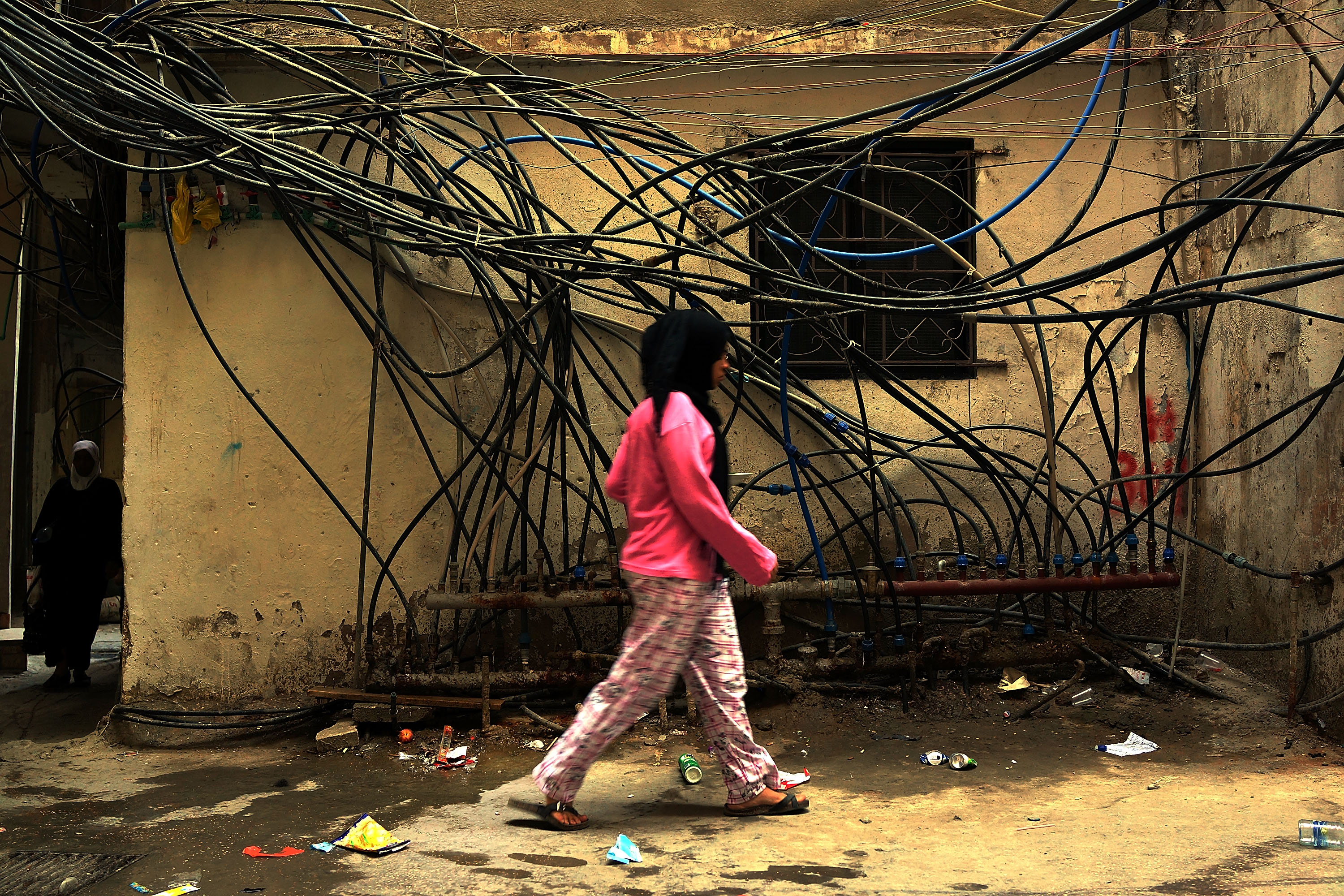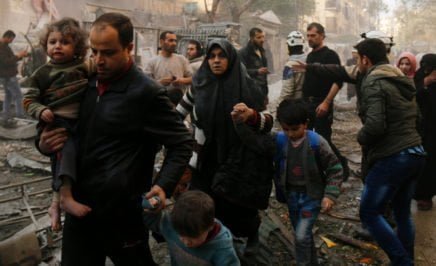Since the onset of the Syrian conflict in 2011, millions of Syrians have fled the state out of fear for their safety – an estimated 1.5 million of these refugees have settled in Lebanon.
However, an Amnesty International investigation into the treatment of Syrian refugees accused of terror-related charges in Lebanon reveals shocking human rights abuses at the hands of Lebanese security forces. Often held under falsified or politically motivated terror-related charges, men, women, and children have faced torturous conditions which mirror that of Syria’s harshest prisons. Amnesty International Refugee and Migrant Rights Researcher Marie Forestier said: “At every stage, from arrest through to interrogation, detention and prosecution in unfair trials, the Lebanese authorities have utterly disregarded international human rights law”.
What are the major human rights issues?
Arbitrary detention
Many Syrian refugees have been detained on unnecessary, unfair or disproportionate reasons and subject to cruel, unlivable conditions. Detainees were often not informed of their reason for their arrest and prevented from contacting family members or lawyers.
Accusations of terror-related offences were in many cases based on discriminatory, or trumped-up evidence. Factors such as religious identity, political affiliation and the Syrian regions in which refugees originated from were all used as evidence for a refugees involvement in terrorism. Testimony supplied by unreliable or biased informants was also used as evidence. Mustafa, a refugee from Qusayr, was sentenced to seven years imprisonment for participation in the Arsal battle. Charged three years after the fact, Mustafa said his arrest was based on the testimony of an informant who held a personal grudge against his family.
Use of torture
Syrian refugees have also shared horrific accounts of torture in detention and interrogation. Detainees have reported being strapped to foldable boards or suspended with wrists tied behind their backs for hours on end. Many refugees have endured beatings so severe they have fallen unconscious or had teeth broken. Torture has also been used against children, two teenagers facing torture at the ages of just 15 and 16. Coercion and torture have been used to force confessions, which have remained admissible in court. Perhaps the most startling fact is that there have been no investigations into these allegations of torture, even when detainees or their lawyers called attention to the abuse during trial.
Violations of the right to due process and a fair trial
As these Syrian refugees reached trial, they continued to face severe and unjust treatment, violating their rights to a fair trial and due process. Many refugees have been tried before military courts, despite this draconian practice being in direct violation of international law. Trial by military court restricts their right to appeal, and prevents individuals from revoking forced confessions obtained through torture. Long drawn-out court proceedings are also common, many refugees enduring numerous years in detention before their trial even begins.
In the case of one refugee, Hassan, Amnesty International identified 17 procedural violations present in his trial, including the court’s failure to investigate complaints of torture. Yet, Hassan was still sentenced to life imprisonment.
Once convicted, Lebanon has also ordered the deportation of refugees back to Syria. By doing so, Lebanon is unlawfully forcing refugees to return to a country where they are highly likely to face prosecution.
What can be done?
Lebanon is deliberately neglecting its obligations under the International Covenant on Civil and Political Rights, Universal Declaration of Human Rights and the Convention against Torture, robbing resettled refugees of their access to fundamental human rights. Despite introducing a new anti-torture law in 2017, torture and abuse is still occurring in Lebanon. Few allegations of torture ever reaching the court system.
Amnesty International has called on the Lebanese government to fully enact this new law, end the practice of trying civilians in military courts and establish an independent body to investigate complaints of abuse. Amnesty International has also recommended that Lebanon acts in line with its current obligations under international law, enhancing its protection of human rights by adopting the Optional Protocol Against Torture.
